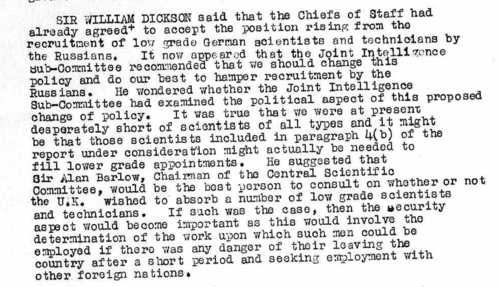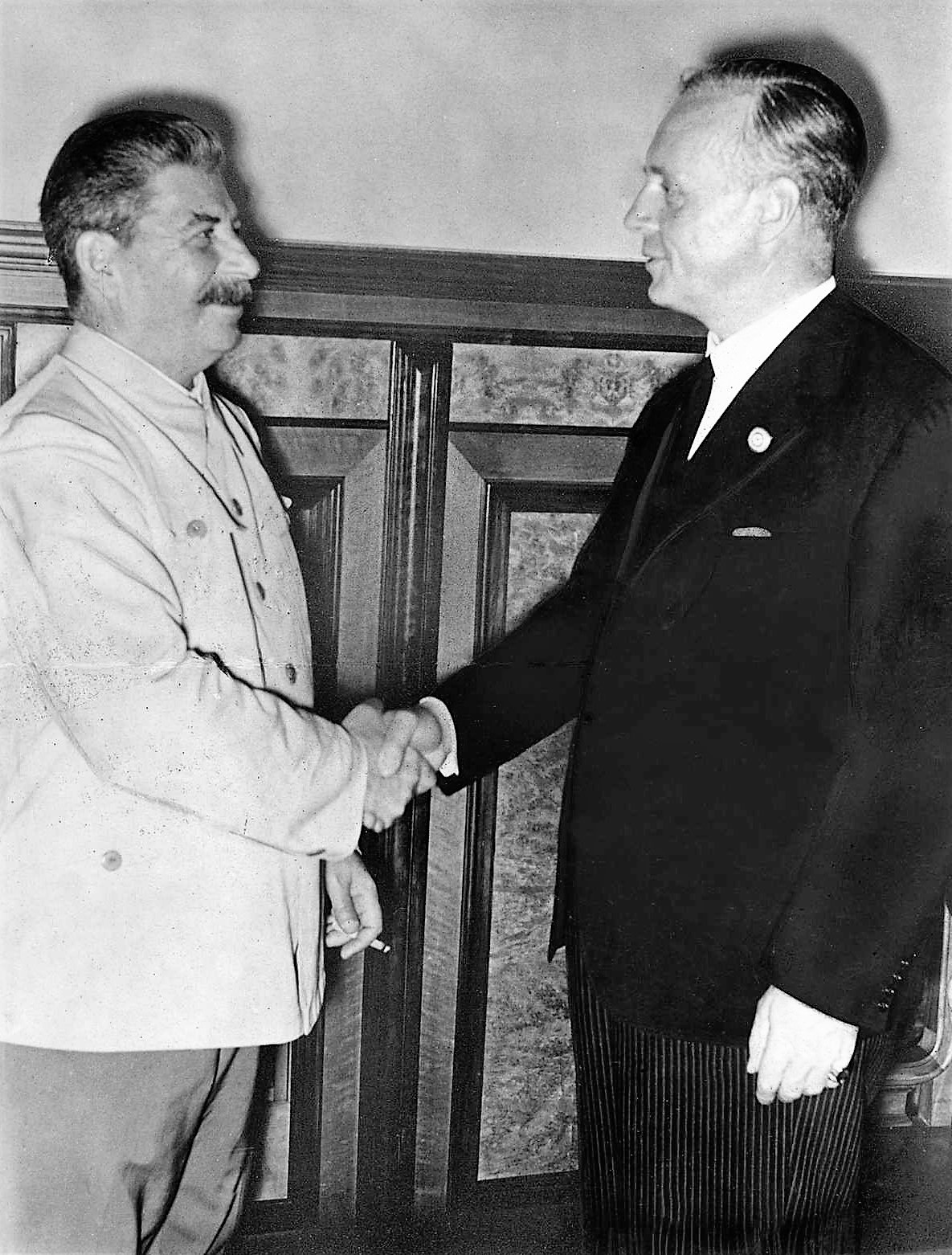marauder2048
"I should really just relax"
- Joined
- 19 November 2013
- Messages
- 3,157
- Reaction score
- 926
<snip>
The German state, desperate for a war-winning breakthrough, and researchers, desperate to stay employed far from the front lines, had basically done most of the basic research needed for the next generation of aircraft.
The aircraft designers on the US, UK and Russia were able to skip forward 5 years rather than wait for NASA or the RAE to duplicate this work.
<snip>
This may be a bit overstated. Nazi militarism and racial ideology also cost Germany a lot of basic research. This is usually recognized when it comes to nuclear physics and emigres like Einstein, Fermi, and Bohr. But aerodynamics also had its brilliant refugees. Theodor von Kármán, one of the ground-breaking theorists of supersonic flight, emigrated to the US in the '30s. He was later one of the masterminds behind Operation Paperclip.
In many cases, they were lured away the same way modern researchers get poached; the promise of
better funding, facilities and authority.
I see a lack of further research here. Paperclip was organized by experts to get the best Germans and Austrians. There is this misconception that some of those who were brought over did not work out so to speak.
The ones gathered in the Operations-Before-They-Were-Called-Paperclip were recruited specifically
to aid in employing German built weapons against the Japanese.
Many of the Paperclip proper personnel look more like technicians than researchers or engineers
and it's clear that a lot of them ended up generating a bunch of reports in a make-work scheme.
Keeping them out of Soviet hands was no different than some of the make-work
schemes the US employed with former-Soviet engineers.



